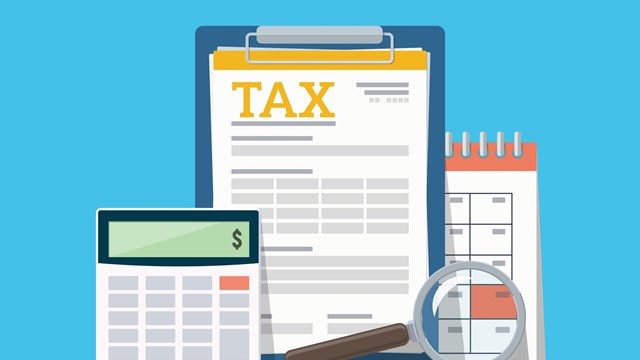
Q. I am a 65-year-old disabled homeowner (I own a co-op apt. in Forest Hills). I have been a recipient of the STAR DHE property tax abatement for the last 8 years. This year the management of our co-op decided to replace the abatement with an 'assessment,' which they forecast to be a 'wash.’ That basically means I'm going to lose the money from the abatement. Is that a legal practice, and if not, what recourse do I have in this case?
—Money for Nothing
A. “Your board’s levying of a special assessment in order to “capture” your STAR DHE abatement is not only legal but also is an increasingly common practice,” says Bruce A. Cholst, a shareholder attorney at the Manhattan-based law firm of Anderson Kill, P.C. “If you look carefully at the maintenance statement for the month in which the assessment was levied you will see that the board issued both a credit and a debit.
“What really occurred was two separate transactions. First, the board issued a credit towards your monthly maintenance in an amount equal to your pro-rated share of the co-op’s annual STAR tax abatement. The co-op actually received the tax abatement because it is the record owner of the property against which real estate taxes are assessed. However, under the terms of the STAR program it is legally required to pass the proceeds on to resident shareholders. The board met this requirement by issuing the credit against your maintenance.
“However, the board then exercised its separate right under the proprietary lease to levy a special assessment against all shareholders (including investors) on a per share amount approximating the aggregate credit issued to all shareholders. The result is an approximate “wash” to resident shareholders because the assessment debited to the maintenance account approximately equals the credit issued by virtue of the abatement. (Investors get hit with the assessment because assessments must be levied uniformly against all shareholders but do not get any credit because they are not entitled to participate in the STAR abatement program). “When the STAR program began in the 1990s the overwhelming majority of boards allowed the abatement to be issued to shareholders without a corresponding assessment. However, as co-ops’ operating costs spiraled boards saw an opportunity to “capture” the abatement by asserting their assessment power to raise revenue. They justify their action by observing that it is a “painless” assessment since residents do not suffer any out of pocket loss.”






6 Comments
Leave a Comment